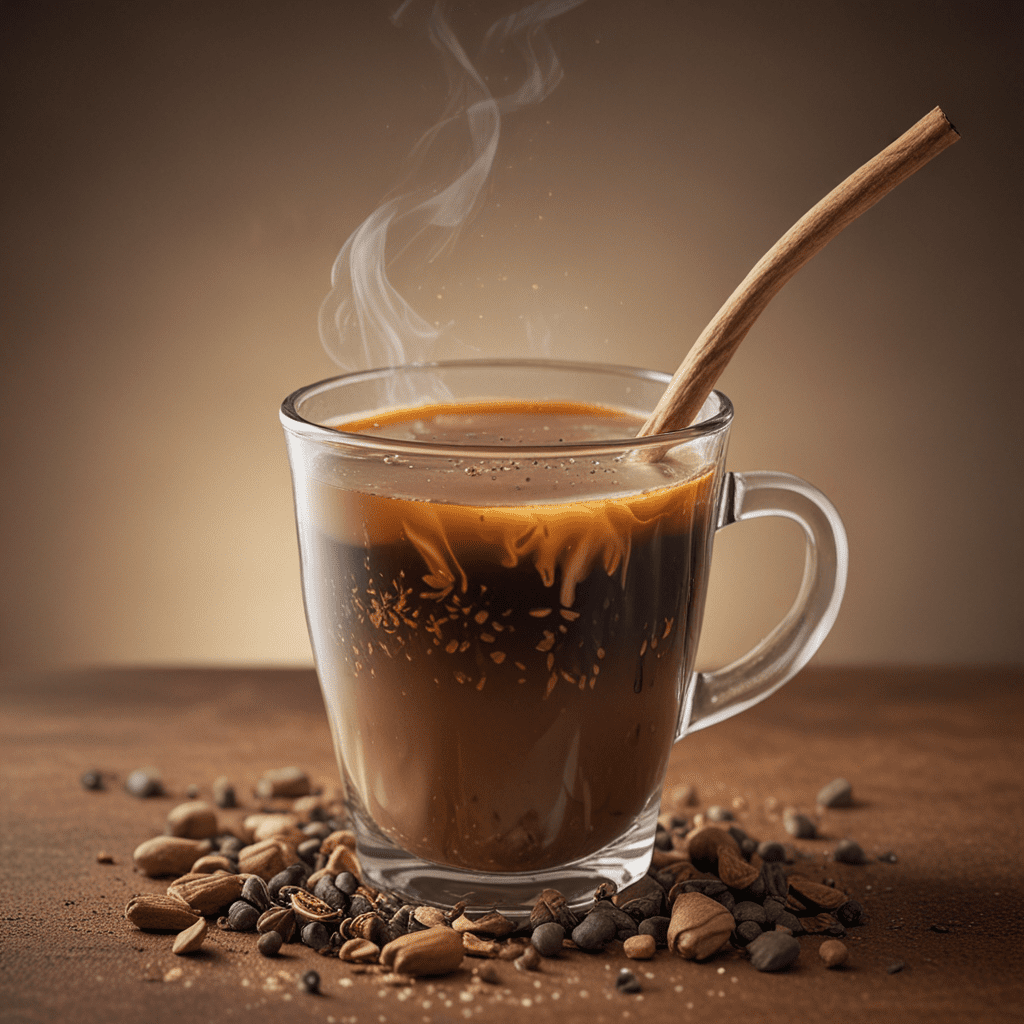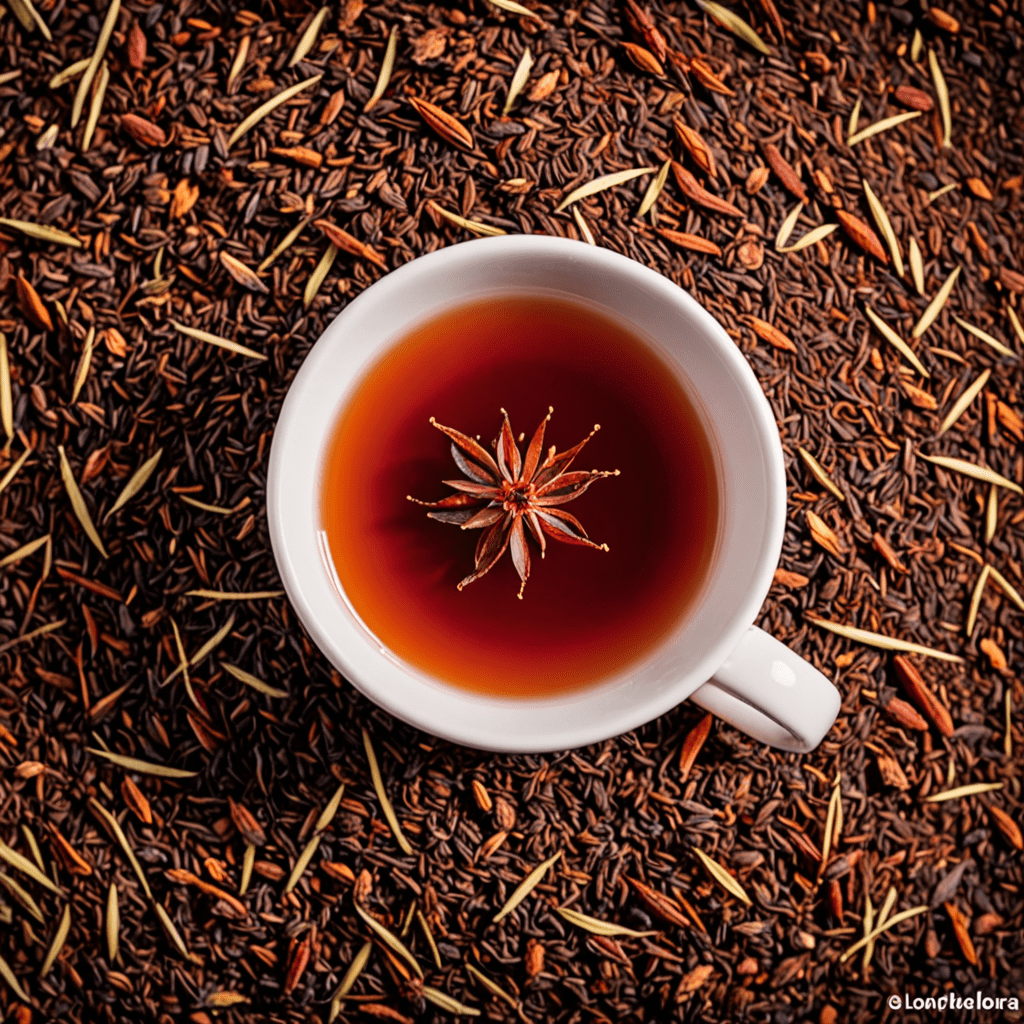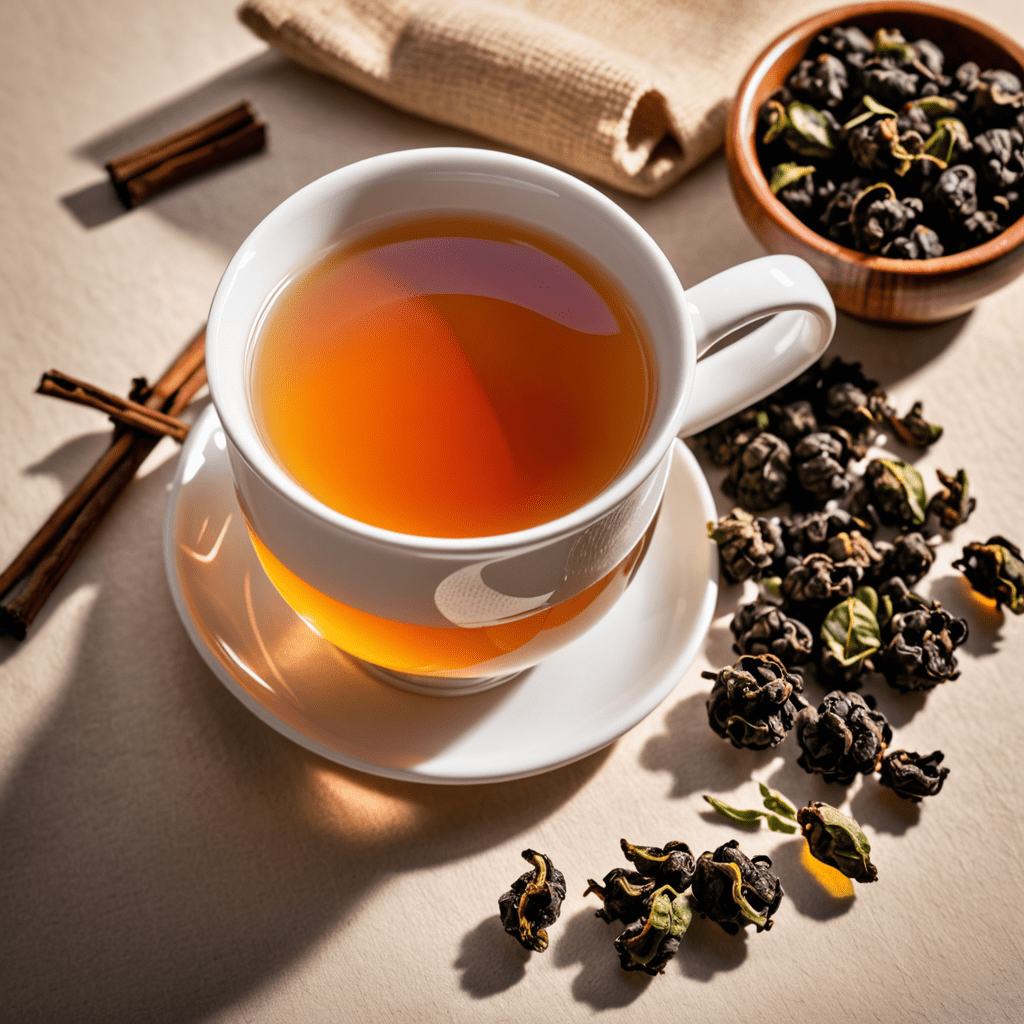Chai Tea: Aromatic Delights from India
I. Introduction:
Chai tea, a fragrant and flavorful beverage, holds a special place in Indian culture and has captivated tea enthusiasts worldwide. Its rich history, aromatic ingredients, and numerous health benefits make it a cherished drink enjoyed for centuries.
II. Ingredients and Preparation:
Chai tea typically consists of a blend of black tea, spices, milk, and sweetener. The key ingredients include:
- Black Tea: Assam and Darjeeling are commonly used black teas in chai, known for their body and flavor.
- Spices: A variety of spices are added to create chai's distinctive flavor profile, including ginger, cinnamon, cardamom, cloves, and black pepper.
- Milk: Milk or plant-based alternatives provide richness and creaminess to the tea.
- Sweetener: Honey, sugar, or jaggery are often used to sweeten the tea to taste.
Chai can be prepared using various methods, including:
- Brewing: The traditional method involves simmering the tea leaves and spices in milk or water on the stovetop.
- Steeping: Chai can also be steeped in hot water for a shorter time, creating a less intense flavor.
- Instant Powder: Instant chai powder offers a convenient alternative for making quick and easy chai.
VI. Pairing and Accompaniments
Chai's rich and flavorful profile lends itself well to a variety of accompaniments.
A. Snacks
- Savory Bites: Samosas, pakoras, or onion bhajis provide savory complements to the sweet and spicy notes of chai.
- Sweet Delights: Laddoos, rasgullas, or gulab jamun offer sugary treats that balance chai's spiciness.
B. Sweets
- Gingerbread Cookies: The warming spices in gingerbread cookies harmonize perfectly with the flavors of chai.
- Fruit Compote: A sweet and tart fruit compote, featuring berries or apples, can add a refreshing contrast to chai's richness.
VII. Commercialization
Chai's popularity has extended far beyond India's borders, becoming a beloved beverage worldwide.
A. Global Popularity
Chai's unique flavor profile has captured the imaginations of tea enthusiasts globally. Its availability in tea bags, instant powders, and canned versions has contributed to its widespread accessibility.
B. Brands and Products
Numerous brands have emerged, offering diverse blends of chai. These products range from traditional Indian brands to international tea companies, each offering a unique take on this classic beverage.
VIII. Sustainability
In recent years, there has been a growing focus on sustainable practices within the chai industry.
A. Ethical Sourcing
Consumers are becoming more conscious of unethical sourcing practices. Many chai brands are prioritizing the ethical sourcing of ingredients, including organic teas, fair-trade spices, and sustainably produced milk.
B. Environmental Considerations
The chai industry also faces environmental challenges. Companies are exploring ways to reduce their carbon footprint by implementing eco-friendly packaging, promoting reusable cups, and supporting reforestation efforts.
IX. Conclusion
A. Summary
Chai tea, originating in India, has gained worldwide acclaim due to its unique blend of flavors, health benefits, and cultural significance. Its versatility as a beverage allows it to be enjoyed in various settings, whether it's a comforting afternoon pick-me-up or a celebratory treat.
B. Concluding Remarks
As chai's popularity continues to soar, it is crucial for the industry to prioritize sustainability and ethical practices. By doing so, we can ensure that future generations continue to savor this delightful beverage while preserving our planet and supporting responsible farming.
FAQ
What is the difference between chai tea and regular tea?
Chai tea specifically refers to black tea blended with a mixture of spices, while regular tea can encompass a wide range of tea types, including black, green, herbal, and white tea.
Can chai tea be made without milk?
Yes, chai tea can be made without milk. Plant-based alternatives such as almond milk, oat milk, or soy milk can be used instead, or it can be enjoyed plain as a spiced black tea.
Is chai tea caffeine-free?
Traditional chai tea is not caffeine-free as it is made with black tea. However, decaffeinated chai tea options are available.


